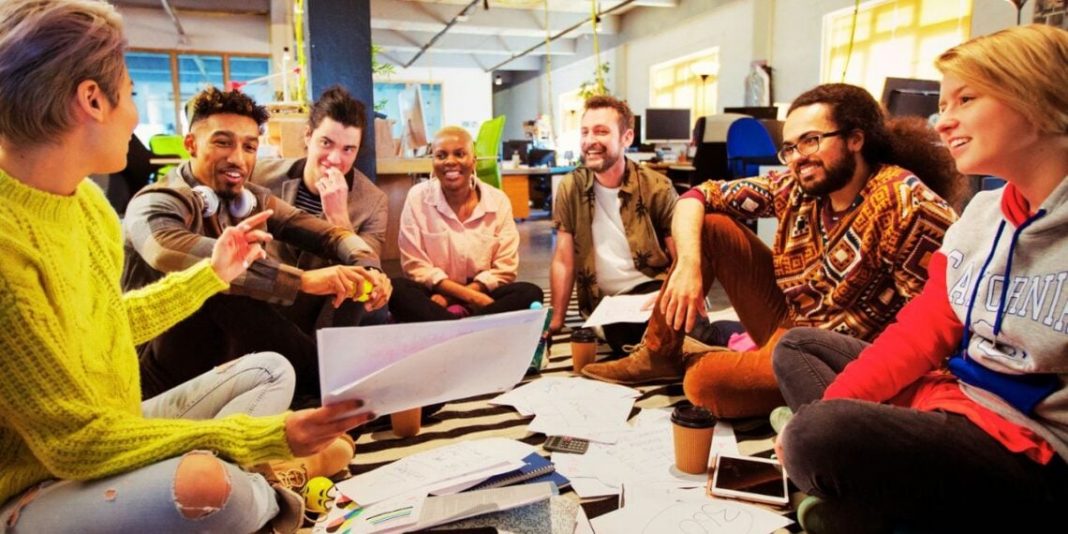Gen Z is embracing in-office work more than older generations participating in the workforce, seeking workplace amenities that cater to social interaction and physical/mental health.
This article was originally published by our friends at Allwork.Space.
Contrary to popular belief, Gen Z, or those aged 18-24, are not only returning to the office but are doing so with remarkable enthusiasm. This trend, as reported by FORA in a recent study, suggests that the office might actually become more than just a place to work in the future.
The study reveals that Gen Z workers are spending an average of 3.35 days per week in the office — a rate higher than might be expected given the recent surge and interest in flexible work arrangements.
According to FORA’s report, this return to the office is driven not just by the need to work but by the amenities that modern workplaces offer. 37% of professionals aged 18 to 24 place a high value on workplace amenities. Compared to only 12% for 55-64-year-olds. This heightened emphasis on office amenities reveals what younger workers are expecting from their work environments.
The list of most desired amenities from the study is not just functional but also reported to contribute to overall well-being and quality of life. More specifically, 47% of young workers show a strong preference for on-site gyms, 34% for spa and wellness facilities, and 53% for cafes. This shows how there are expectations among younger professionals for a work environment to support their physical and mental health, as well as social needs.
This trend, as highlighted by FORA’s study, suggests a future of work that is more integrated with lifestyle and personal well-being. It’s a trend that could redefine office culture, making it more appealing and supportive for the growing Gen Z workforce.


